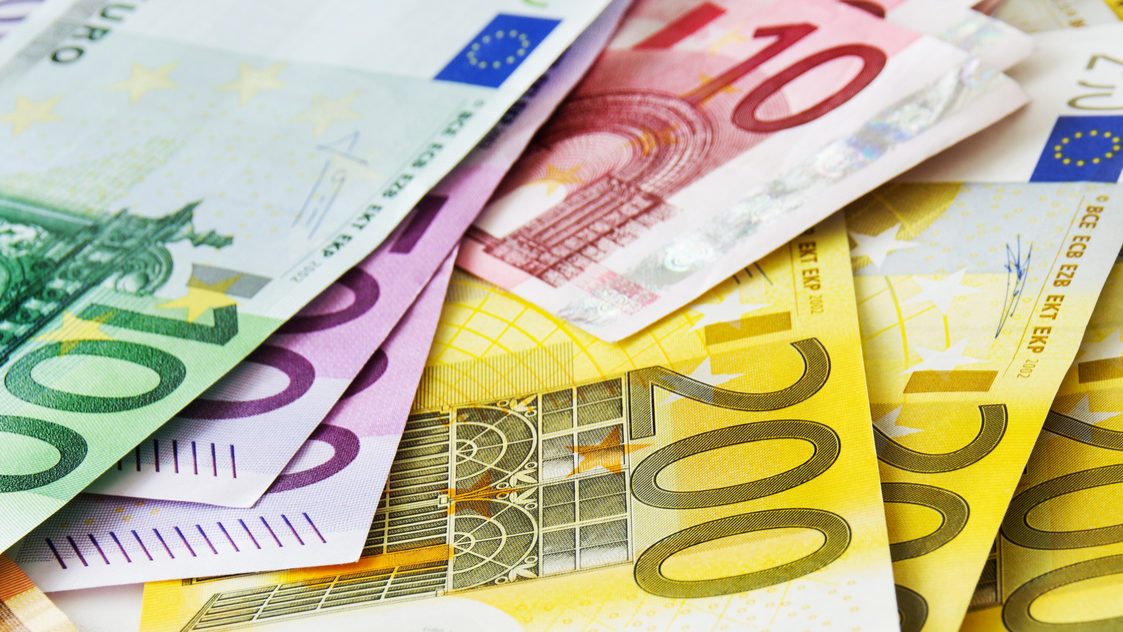Ranks 10th in EU minimum wage scale – Eurostat
Of the 27 Member States of the European Union, 21 have set national minimum wages, ranging from 332 euros in Bulgaria to 2,202 euros in Luxembourg. Portugal is in the middle of the table.
In January, the gross minimum wage varied in the 21 member states of the European Union (EU) between 332 euros in Bulgaria and 2,202 euros in Luxembourg, with Portugal in 10th place (776 euros).
Eurostat divides the 21 EU member states which in January this year had national minimum wages into three main groups, based on their levels in euros.
The first group, with gross minimum wages below 700 euros, includes eastern European countries: Bulgaria (332 euros), Hungary (442 euros), Romania (458 euros), Latvia (500 euros), Croatia (563 euros), the Czech Republic (579 euros), Estonia (584 euros), Poland (614 euros), Slovakia (623 euros) and Lithuania (642 euros).
Portugal and four other member states, located mainly in the south of the EU, belong to the group where minimum wages ranged from 700 euros to just over 1,100 euros per month: Greece (758 euros), Portugal (776 euros), Malta (785 euros), Slovenia (1,024 euros) and Spain (1,108 euros).
In the remaining six member states, all located in the west and north of the EU, minimum wages were over 1,500 euros per month: France (1,555 euros), Germany (1,614 euros), Belgium (1,626 euros), the Netherlands (1,685 euros), Ireland (1,724 euros) and Luxembourg (€,202 euros).
Based on data for 2018, the European Statistical Office also indicates that Portugal (64%) is one of the four Member States, along with France (66%), Slovenia (62%) and Romania (61%), where the minimum wage is above 60% of the average gross monthly wage.
By contrast, minimum wages represent less than half of the national average in six Member States: Croatia, Czech Republic and Latvia (49% each), Spain (44%), Malta (43%) and Estonia (42%).
Austria, Cyprus, Denmark, Finland, Italy and Sweden have no national minimum wage.


